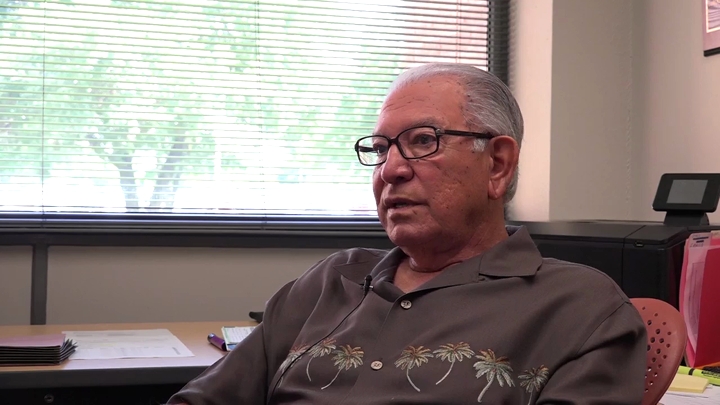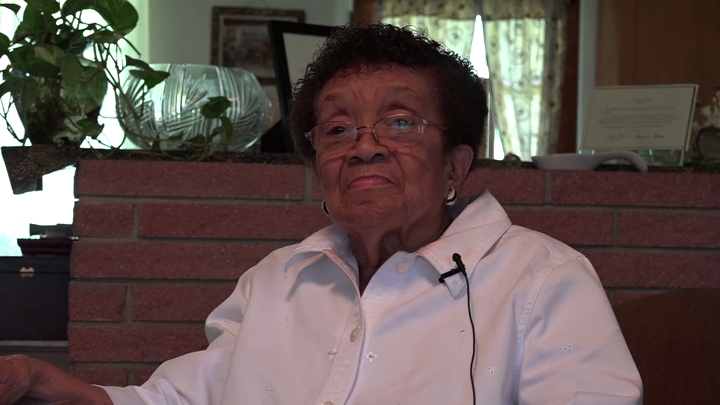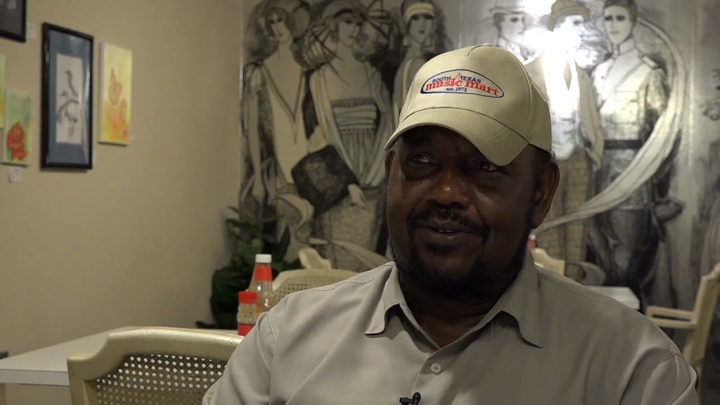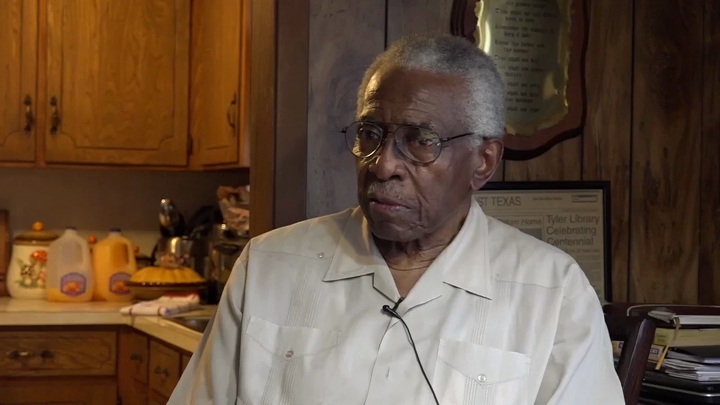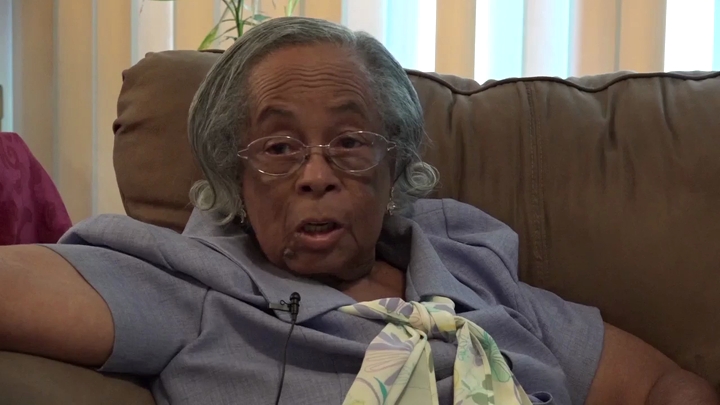Wilborn / Closing Remarks
sign up or sign in to add/edit transcript
Wilborn: Well, (inaudible) in my day—when the war broke out, I was in elementary school. I was throwing papers. Extra! Extra! Read all about it. You know, because the war ended during that time but before then—somebody said FDR—Franklin Delano Roosevelt, he was one of the most powerful, I thought, leaders. Then—I’m going to be frank, I want all opposition. I liked Kennedy, but there again, there were certain issues like most politicians. They won’t tackle them head-on because they want to get re-elected and sometimes it won’t get them re-elected. I think the present president attempted to do that and it didn’t help him. It didn’t help him so he’s coming out being—just telling it the way it is now and he’s getting things done now although plenty of opposition. So, I have to say he’s the strongest of all. They’ve come out and said he wasn’t going to—he’s just going to be a one-termer and he got statistician or something, he won without Florida, without Ohio before he came on—another state they said he had to have. He won without those three states before even (inaudible). In State of Florida, they were waiting to play the same trick. The game. So slow, but he didn’t need them. (inaudible) He already won it. He got to be a powerful man and he could have been a corporate lawyer and he decided to work among the people who really needed him. Just like the Attorney General we got now. She did the same thing. She worked among the poor, the needy. As I said earlier, I guarantee some driving Cadillacs and all these modern cars. Cadillac was the—what’s that car in Europe? Interviewer: Rolls Royce? Wilborn: Rolls Royce. Those were the top cars that I ever knew when I was coming up. Now they got these (inaudible) or whatever. All these—I don’t even know that because I know it’s out of my reach. I don’t worry about it. I drive a Honda. I used to be a Ford and Chevrolet man. I’ve had Chryslers too. I discovered all of them made in America, making America money. America—even American cars, some parts come from Japan. All that old stuff about shop and buy American, that’s just a bunch of bologna. Anything you do as American or foreign because you got some foreign trust there some kind of way. So, really, we’re interrelated. We try to separate. There’s no separation now. Just one world now because of the media. Communication’s so powerful. Like I said, I don’t have--it’s too powerful for me, that’s why I don’t have any in my house. I need help, I call my kids or my friends in town. What I do. Some things, I must say, that I wish—some things I like to know right away, I could get it on the computer or one of those phones, smartphones. I could know immediately about who won the batting championship certain year, blah, blah, blah without doing any reading. Just go to it immediately. I see a lot of advantages but there again, I ask myself what difference does it make? Don’t care how smart you are, somebody’s always smarter. How rich you are, somebody’s always richer. So, you got to find a happy medium. I never wanted a house this size. Just (inaudible.) Never—I wanted house she live up the street there. Little three bedroom I tried to by. It was two bedroom then. I was going to add a room to it. Mrs. Francis Wallace and every time she wouldn’t sell it to me. It’s what I wanted. Something small. My goals have always been attainable goals. Never—some people said reach for the skies—reach for the stars rather. I knew I wasn’t going to get the stars. I knew what they meant by that. Just the expression. Reach out there so you fall somewhere between. There again, (inaudible) I know about it, but I’ve always had to have attainable goals (inaudible) family, yeah. Interviewer: That brings up my last question, what is one thing that you’ve done that you’re most proud of looking back? Wilborn: Well, one thing, I’ve taken students in my teaching career that students—teachers had placed them in special ed, said they couldn’t learn. They ended up being doctors. They majored in chemistry and math.
| Interview | Interview with John Wilborn |
| Subjects | People › Kennedy, John F. |
| Quantitative Questions › Most Effective Leader | |
| People › Obama, Barack | |
| Tags | sign up or sign in to add/edit tags |
| Interview date | 2015-06-23 |
| Interview source | CRBB Summer 2015 |
| Interviewees | Wilborn, John |
| Duration | 00:05:27 |
| Citation | "Closing Remarks," from John Wilborn oral history interview with , June 23, 2015, Marshall, TX , Civil Rights in Black and Brown Interview Database, https://crbb.tcu.edu/clips/1457/closing-remarks-6, accessed February 26, 2026 |


